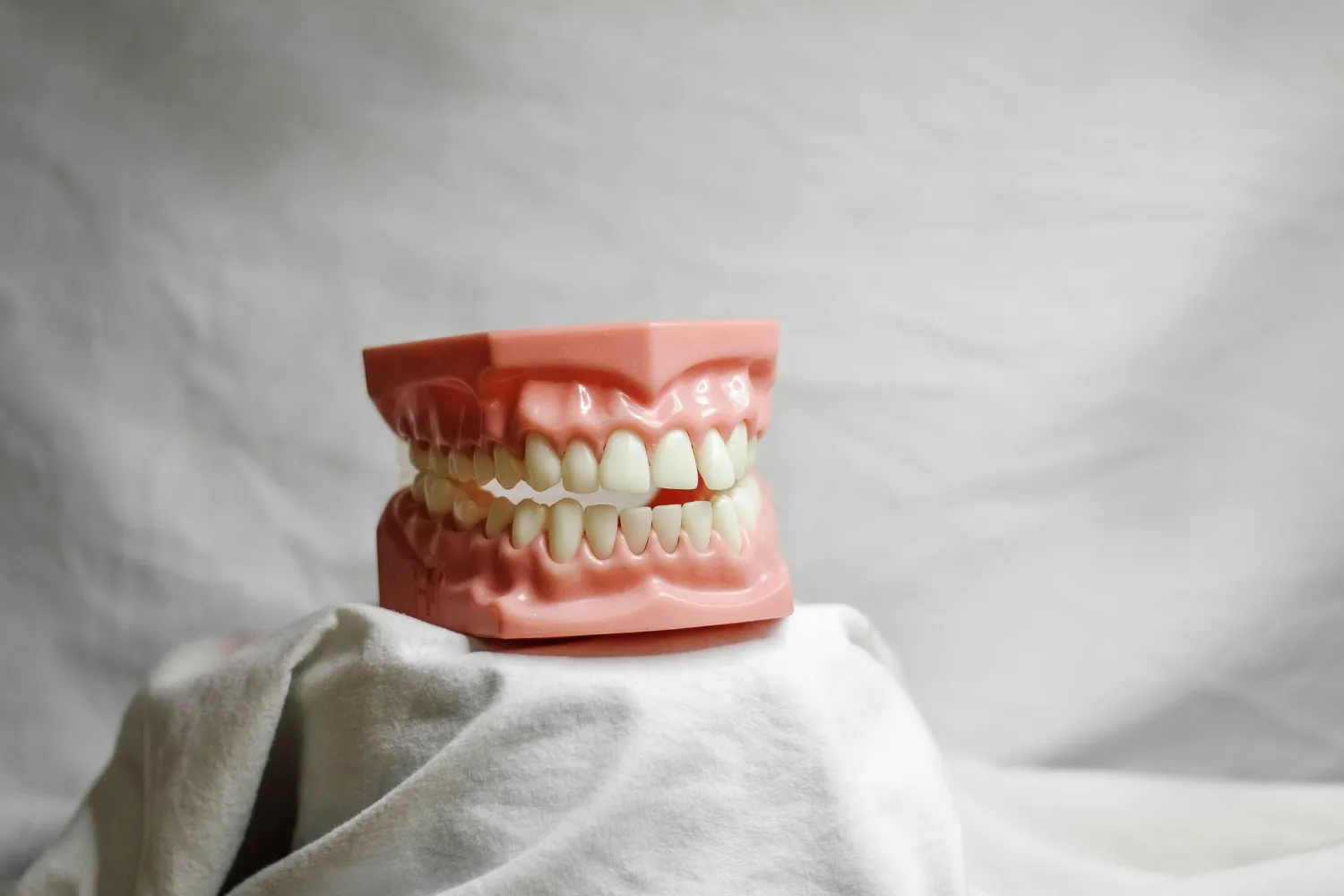
 By Rosalina D.
By Rosalina D.
Waking up with jaw pain, headaches, or worn-down teeth? You're not alone. Teeth grinding, medically known as bruxism, affects millions of people worldwide. The good news is that finding the best mouthguard for grinding teeth can protect your smile and give you the restful sleep you deserve.
Bruxism is the involuntary clenching or grinding of teeth, typically occurring during sleep. This condition can lead to cracked teeth, jaw disorders, persistent headaches, and enamel erosion. A quality mouth guard for clenching teeth acts as a protective barrier, absorbing the force of grinding and preventing long-term dental damage.
Many people don't even realize they're grinding until their dentist points out the telltale signs or a sleep partner complains about the noise. If you suspect you have bruxism, a night guard for grinding teeth is one of the most effective non-invasive treatments available.
Custom mouthguards, created by your dentist from impressions of your teeth, offer the best fit and protection. While they're pricier (typically $300-$800), they're durable, comfortable, and specifically designed for your bite pattern. These are ideal for severe bruxism cases where maximum protection is essential.
The best over the counter night guard options often use boil-and-bite technology. You soften the guard in hot water, then bite down to create a semi-custom fit. These mouthpieces for clenching offer a middle ground between generic guards and custom options, typically costing $20-$50. They provide decent protection and improved comfort compared to stock guards.
Pre-formed stock guards are the most affordable option (usually under $20) but offer the least comfortable fit. While they can work in a pinch, most people find them bulky and difficult to keep in place throughout the night.
When shopping for the best mouthguard for teeth grinding, consider these critical factors:
Material Quality: Look for BPA-free, medical-grade materials that are durable yet comfortable. The best OTC dental night guard options use multi-layer construction with a softer inner layer for comfort and a harder outer layer for durability.
Thickness: Light grinders may do well with a 1-2mm guard, while moderate to severe cases require 3mm or thicker protection.
Fit: The gum shield for bruxism should stay securely in place without causing gagging or excessive drooling. It should cover all your teeth without putting pressure on your gums.
Breathability: Many modern night guards feature breathing channels or perforations, allowing comfortable breathing through your mouth if needed.
Ease of Cleaning: Your mouthguard should be easy to clean and maintain for optimal hygiene.
The best night guard for teeth grinding will have several standout features. Look for guards with a slim profile that won't trigger your gag reflex. Adjustable guards or those offering multiple sizes ensure a better fit. Some premium options include cases for storage and cleaning tablets for maintenance.
Durability matters too—quality guards should last 6-12 months with proper care. If you're wearing through guards quickly, you may need a thicker guard or should consult a dentist about your bruxism severity.
Start by assessing your grinding severity. Occasional, mild grinding? An over-the-counter boil-and-bite guard should suffice. Moderate to severe bruxism with jaw pain or significant tooth wear? Consider investing in a custom guard from your dentist.
Think about your sleeping position and breathing habits. Side sleepers and mouth breathers need different features than back sleepers who breathe through their nose. Your budget matters, but remember that protecting your teeth from grinding damage can save thousands in dental work down the road.
Proper maintenance extends your mouthguard's life and protects your oral health. Rinse your guard with cool water after each use and brush it gently with a soft toothbrush. Store it in a ventilated case to prevent bacterial growth, and deep clean weekly with denture cleaner or a mixture of vinegar and water.
Never use hot water, which can warp the material, and replace your guard if you notice cracks, tears, or if it no longer fits properly.
How long do night guards last?
Over-the-counter guards typically last 3-6 months, while custom guards can last 1-5 years depending on grinding severity and care.
Can I use a sports mouthguard for bruxism?
While possible temporarily, sports guards aren't designed for prolonged nightly use and are often too bulky for comfortable sleep.
Will a mouthguard stop me from grinding?
Mouthguards don't stop the grinding behavior but protect your teeth from damage and often reduce associated pain and discomfort.
Do I need to see a dentist first?
For mild grinding, trying an OTC option first is reasonable. However, if you have severe symptoms, TMJ issues, or dental damage, consult your dentist before selecting a guard.
Finding the best mouthguard for grinding teeth is an investment in your dental health and quality of life. Whether you choose an affordable over-the-counter option or a custom-fitted solution, the right night guard can prevent thousands of dollars in dental repairs while helping you wake up pain-free and refreshed.
Today Good Trade helps you save money online with verified coupons, promo codes, and seasonal deals. We track the latest offers, share shopping tips through our blog, and make sure you always get the best value from your favorite brands.